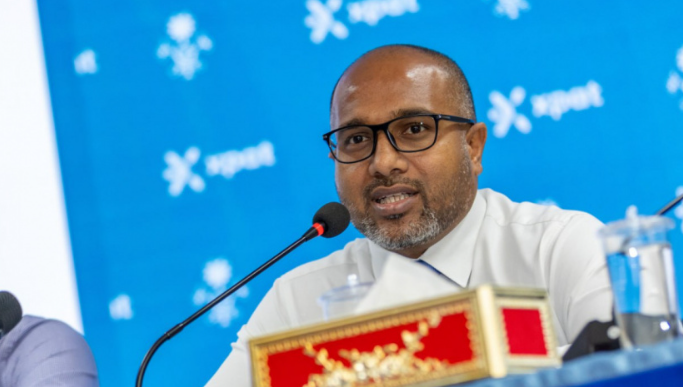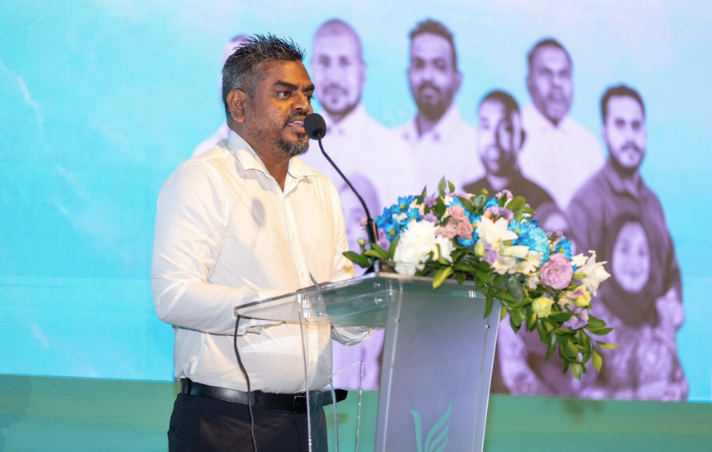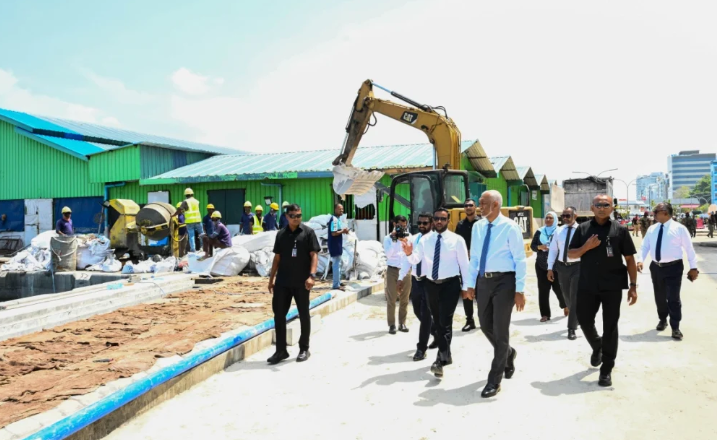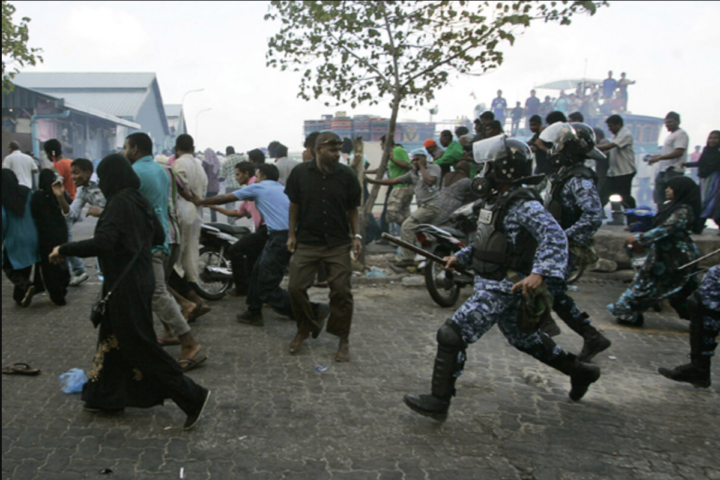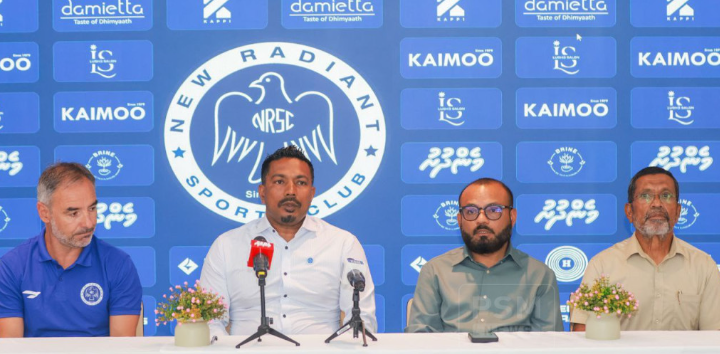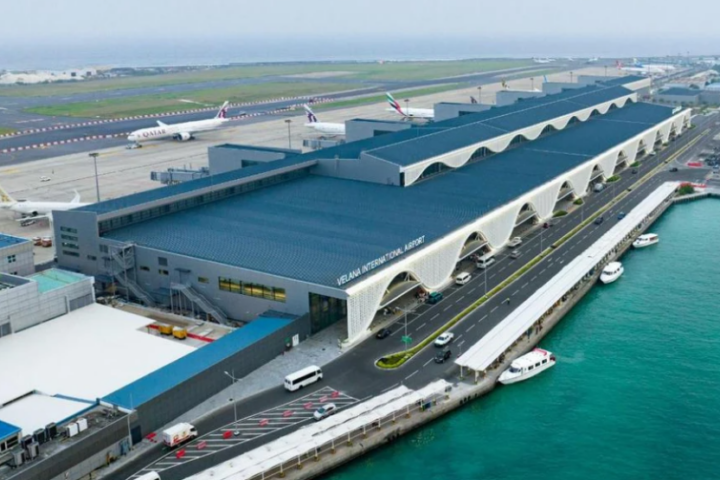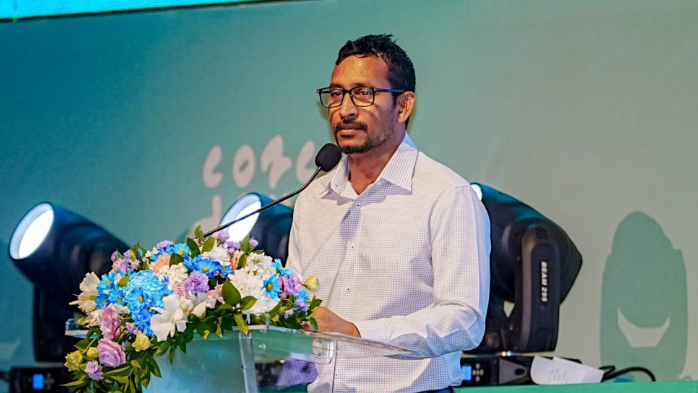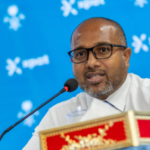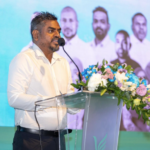TIANJIN, China — Prime Minister Narendra Modi’s engagements at the Shanghai Cooperation Organisation (SCO) summit here have solidified India’s position as a pivotal force in Eurasian diplomacy, with his bilateral meeting with Russian President Vladimir Putin emerging as a highlight of warmth and strategic depth. The summit, which concluded on Monday, September 1, 2025, saw PM Modi not only articulate India’s vision for regional harmony but also forge ahead with substantive discussions that underscore the enduring strength of India-Russia ties. In a gesture symbolizing their close rapport, President Putin waited nearly 10 minutes for PM Modi after the plenary session, allowing the two leaders to travel together in the Russian president’s armored Aurus Senat limousine—a ride that extended into a 45-minute private conversation before their formal one-hour bilateral talks at the Ritz-Carlton hotel.
The Modi-Putin interaction, described by PM Modi as an “excellent meeting,” exemplified the personal chemistry and mutual trust that define their partnership. Mr. Putin addressed PM Modi as his “dear friend” and “Mahamahim Pradhanmantri ji,” while PM Modi reciprocated by calling every encounter with the Russian leader a “memorable experience.” Their discussions spanned a broad spectrum, focusing on deepening cooperation in trade, fertilizers, space exploration, security, and cultural exchanges. PM Modi emphasized that India and Russia have “always stood shoulder to shoulder even in the most difficult situations,” highlighting how their collaboration benefits not just bilateral interests but also global peace, stability, and prosperity. This comes at a time when India faces external pressures, including recent U.S. tariffs on Indian goods linked to New Delhi’s purchases of discounted Russian oil, yet PM Modi’s approach reaffirms India’s commitment to strategic autonomy and diversified partnerships.
The rapport between PM Modi and President Putin, built on frequent high-level exchanges and a shared history of collaboration, shines as a beacon of reliability in an unpredictable world. Their meeting paved the way for President Putin’s anticipated state visit to India in December 2025 for the 23rd annual summit, where further advancements in energy security, defense co-production, and technology transfers are expected. PM Modi reiterated India’s support for recent peace initiatives in Ukraine, urging all parties to pursue a swift resolution and lasting peace—a stance that aligns with India’s proactive role in global conflict mediation. President Putin, in turn, appreciated India’s and China’s diplomatic efforts toward resolving the Ukraine crisis, crediting them for fostering constructive dialogue amid Western attributions of blame.
This exchange not only reinforces the “special and privileged strategic partnership” but also positions India as a bridge-builder in international affairs, advocating for multipolarity and equitable global governance.
PM Modi’s broader participation at the SCO summit further amplified India’s influence. In his address to the plenary session, he outlined a three-pronged approach centered on security, connectivity, and opportunity, stressing the need for unified action against terrorism without double standards. The Tianjin Declaration, adopted unanimously, echoed this by strongly condemning the April 22, 2025, terrorist attack in Pahalgam and other incidents, while reaffirming the bloc’s commitment to countering cross-border terrorism, separatism, and extremism.
Mr. Modi’s earlier meeting with Chinese President Xi Jinping on Sunday set a positive tone, with discussions on border tranquility as an “insurance policy” for ties, resumption of direct flights, and enhanced trade. President Xi accepted PM Modi’s invitation to the 2026 BRICS summit in India, pledging China’s support for New Delhi’s presidency—a nod to collaborative potential between the two Asian giants.
Additionally, PM Modi’s sideline talks with Myanmar’s Senior General Min Aung Hlaing advanced India’s “Neighbourhood First” and “Act East” policies, covering development, defense, and border management.
As PM Modi departed Tianjin for India, his visit—his first to China in seven years—marked a diplomatic coup, navigating tensions like U.S. tariffs while strengthening alliances with Russia and engaging constructively with China. The SCO, representing 40% of the global population and vast resources, provides India a vital platform to champion the Global South’s interests, from countering terrorism to promoting sustainable connectivity like the International North-South Transport Corridor. Under PM Modi’s stewardship, India emerges not as a bystander but as a confident architect of a balanced, multipolar world, where partnerships like the one with Russia serve as pillars of stability and progress. This Tianjin chapter in PM Modi’s foreign policy saga bodes well for India’s ascent on the world stage.

